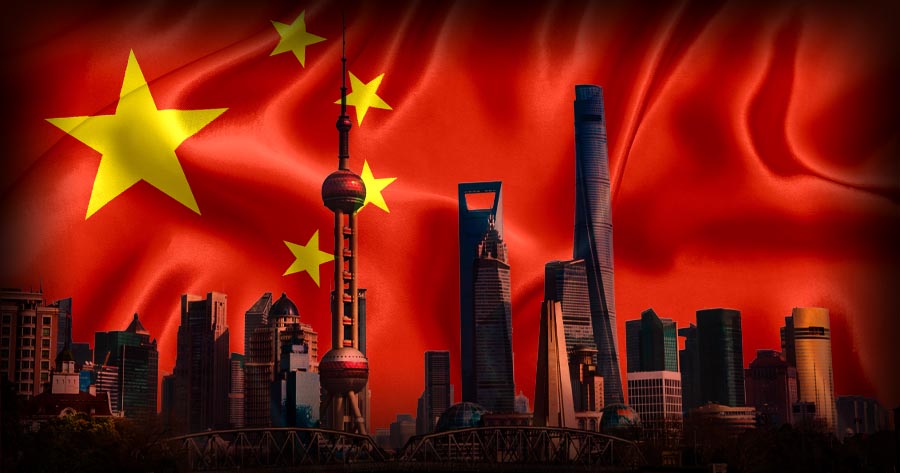In the annual economic conference led by President Xi Jinping that wrapped up on Thursday, China signaled its intent to employ proactive fiscal policies geared towards bolstering its growth. Plans to increase the country’s deficit along with the issuance of more ultra-long bonds in the subsequent year were highlighted in the state press report.
The strategy to moderately relax stringent monetary policies, an approach reminiscent of the 2008 global financial crisis, was also reaffirmed during the session.
The meeting explicitly exhibited China’s determination to fortify its currently frail economy, amidst concerns of a potential trade warfare with the United States spurred on by the return of President Donald Trump to office.
Plans to further liberalize China’s economy were also articulated during the meeting. Beijing has alreadly demonstrated this commitment earlier this year, when it extended visa-free travel provisions to citizens of Japan and a few other nations – a gesture for which reciprocation has not been demanded.
Earlier this week, China has announced plans to adopt a more proactive fiscal policy while moderately loosening its monetary policy in the upcoming year, marking its first such change since 2011.
This strategic decision was unveiled by the Politburo, the Communist Party’s top decision-making body, under the leadership of President Xi Jinping.
The announcement signals potential for increased economic easing, a move likely to be favorably received by global investors looking for stability in one of the world’s largest economies. This policy adjustment comes as China braces for possible implications of geopolitical developments, particularly the anticipated return of Donald Trump to the White House and his recently expressed intentions to impose additional tariffs on Chinese goods exported to the United States.
The Politburo’s new stance underscores China’s readiness to navigate the shifting economic landscape, ensuring that its policy tools are aligned with the challenges posed by international trade dynamics and domestic economic growth objectives.





